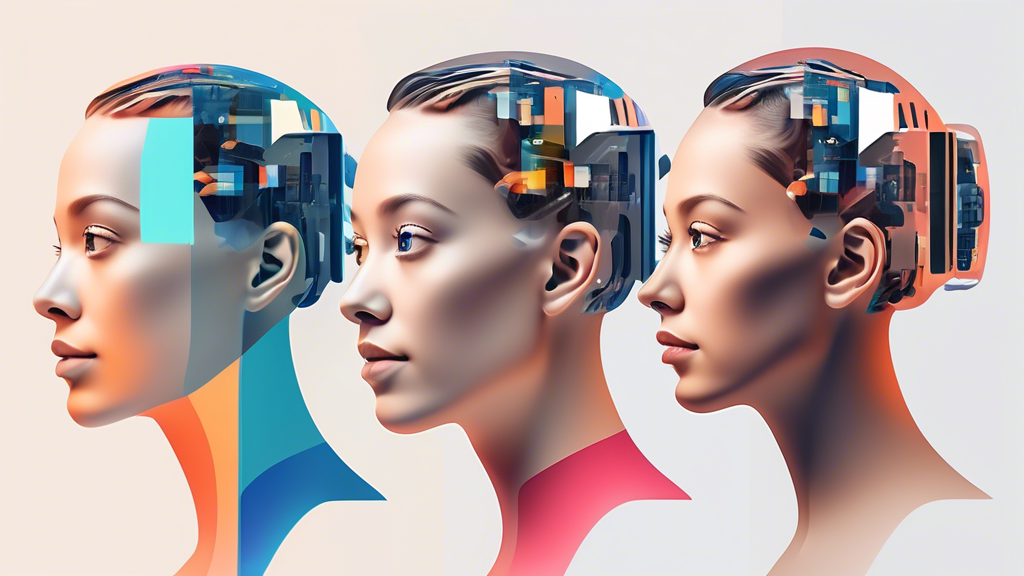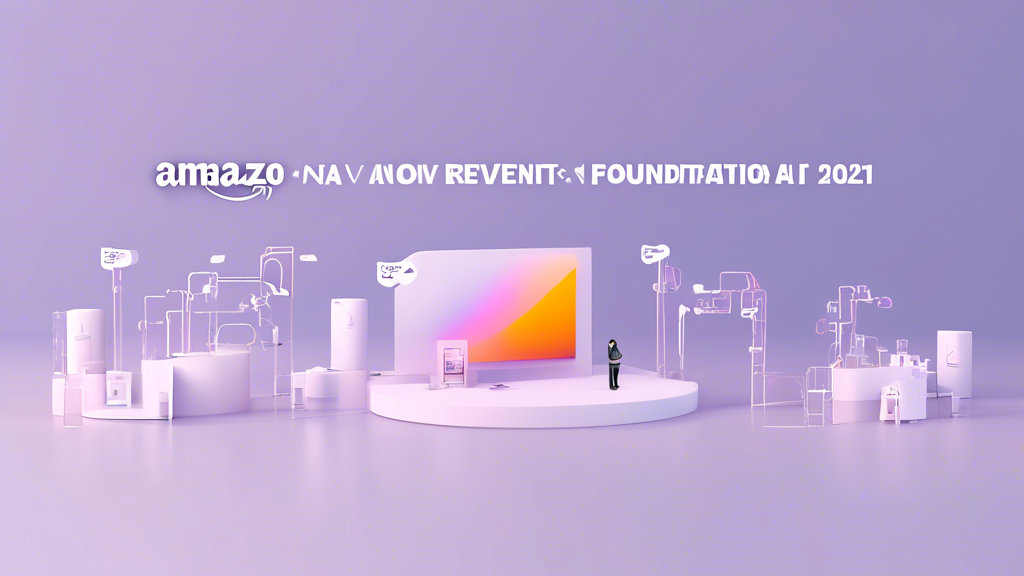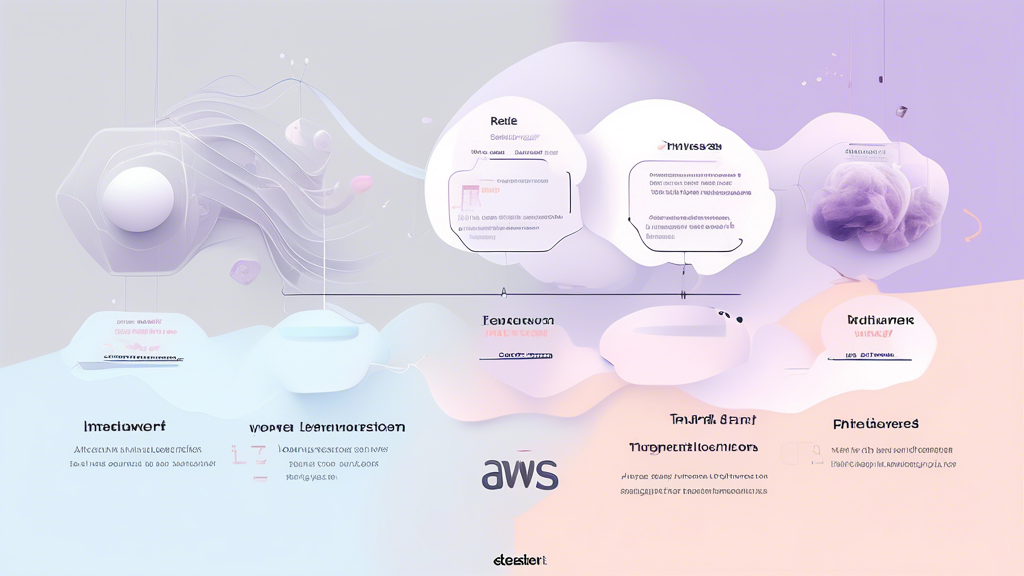
In today’s rapidly evolving world of artificial intelligence, there’s always something new to learn and discover. With major players like OpenAI, Microsoft, and Google constantly pushing the boundaries of what’s possible, it’s important for students and tech enthusiasts alike to stay informed about the latest developments. Here’s a closer look at the recent buzz in the AI sector, highlighting key updates and exciting advancements.
The Evolution of OpenAI’s Models
OpenAI has steadily been cementing its position as a leader in the AI field. The rumors about the GPT-4.5 Turbo continue to create ripples in the community. While not officially confirmed as GPT-5 Turbo, it’s said to possibly offer a context window of 256K tokens. This impressive leap could make it the fastest and most accurate model available yet. This ongoing enhancement showcases OpenAI’s commitment to scalability and efficiency, ensuring that their models meet the growing demands for complex computational tasks.
Looking further ahead, the release of GPT-5, projected for late 2024 or early 2025, promises to be a game-changer. This model aims to elevate reasoning capabilities and integrate functionalities that synthesize text, images, and videos. Imagine autonomous AI agents capable of managing tasks without needing human input—a tantalizing prospect that could redefine how we interact with technology. The expanded context windows proposed for GPT-5 hint at even more nuanced, relevant responses, making AI more adaptable than ever.
New Horizons with Microsoft and Google
Microsoft is amplifying its AI efforts with enhanced features for their Copilot AI chatbot. By embedding AI capabilities into a wider range of products and developing a dedicated mobile app, Microsoft is ensuring that AI tools are more accessible and customizable. The planned GPT Store epitomizes this trend, allowing users to tailor GPT models to specific needs, thereby broadening AI’s applicability.
Meanwhile, Google has introduced Gemini, its latest and greatest AI model. Despite facing some hiccups, such as controversy over a staged demo, Gemini represents a significant step forward for Google in the AI race. These advancements underline the tech giant’s commitment to refining AI interactions and positioning itself prominently within this competitive ecosystem.
AI’s Impact on Everyday Life and Ethics
AI’s utility extends far beyond tech enthusiasts; it’s also revolutionizing consumer experiences. Innovations in AI are transforming holiday shopping, offering personalized recommendations and enhanced customer service to streamline and enrich the shopping experience. Such practical applications of AI are increasingly becoming a part of everyday life, demonstrating its broad utility and potential for further integration.
As the influence of AI grows, so does the discourse around ethics and regulation. Legislative bodies are actively seeking clarity from AI companies regarding safety and employment practices. These discussions are crucial for setting the standards that will govern the ethical use of AI, ensuring that as technology progresses, it aligns with societal norms and expectations.
In conclusion, the AI landscape remains as dynamic as ever, with groundbreaking developments from leading tech companies paving the way for an exciting future. From advancements in model capabilities to discussions on ethical governance, staying informed in this space is essential for students and tech enthusiasts eager to watch or partake in the unfolding AI revolution.





